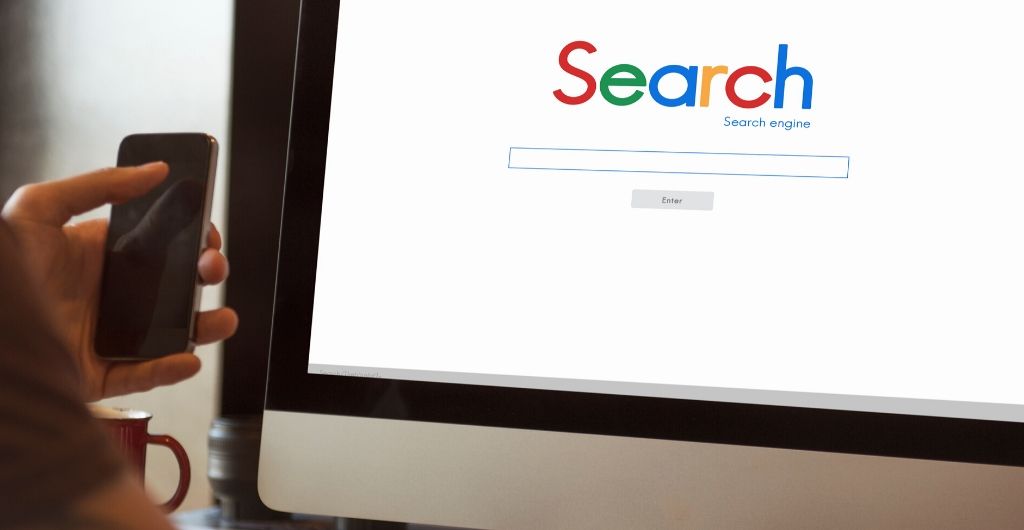
- Facebook is the most used platform for up-to-date news about coronavirus
- A third of consumers in both markets want to see more topics unrelated to the coronavirus
- Distrust in the U.S. government as consumers in the U.S. trust the World Health Organization website for news about coronavirus a lot more than their own government’s website (61% vs. 46%, respectively). In the UK consumers trust their government website the most (62%)
GlobalWebIndex, the leading supplier of audience insights releases the latest wave of consumer research onto COVID-19 Hub – survey of 3,944 internet users in the UK and U.S on changes in media consumption and sport.
Over two thirds (68%), of consumers say they’re searching for coronavirus updates – making it the most popular online activity. Men (73%) are more inclined to search for coronavirus news than women (62%) – but it still remains the top activity for both genders.
Facebook is the most used platform for information about the virus in the UK (30%) and U.S. (47%). Two in five (39%) UK consumers are reading more news stories on social media as a result of the outbreak and men are three times as likely as women to say they’ve started following more journalists on social media (25% vs. 8%).
People primarily see news as a free resource during the outbreak. It’s only among higher income earners and males that we see parity in the rate of those who are willing to pay for trustworthy news and those who aren’t.
Tom Smith, CEO and Founder at GlobalWebIndex, comments, “In the UK, the rate of those who are resistant to pay for trustworthy news is almost four times higher than the rate of those who are willing to pay for it. This is a reflection of the fact that UK consumers have much stronger confidence in the trustworthiness of the free news resources available to them compared to those in the U.S., especially with regards to national news services and government websites. Also in the U.S., consumers trust the World Health Organization website for news about coronavirus a lot more than their own government’s website (61% vs. 46%, respectively), while in the UK, consumers trust their government website the most (62%). The gap here could indicate distrust in the U.S. government at a broader level.”
A third of consumers in both markets want to see more topics unrelated to the coronavirus, showing the importance of bringing in a sense of escapism or normality as the outbreak consumes every aspect of our daily life. Whilst, 1 in 5 millennials are currently searching for vacations, suggesting this generation may be more open to planning travel and may be preparing plans for after the outbreak.
Committed to a life indoors, the majority of U.S. (87%) and UK (80%) consumers say they’re consuming more content – broadcast TV, online videos, and online TV streaming take the top spots overall for increased media consumption. Activities typically relate to finding humorous content, looking for positive stories or non-coronavirus content. This is especially important for younger generations, with 54% of Gen Z looking at memes online and 52% watching funny videos.
Apps are key in connecting people at this time – in the UK, WhatsApp is used more than other apps to connect with friends and family. Although trended data for the last few years has shown social media usage gravitating towards purposeful, content-led activities, during the pandemic we’re also seeing a resurgence of activities which are more “social” in the purest sense. These include keeping in touch with friends and family, sharing opinion, and connecting with neighbours more.
COVID-19 Research Series and Hub:
GlobalWebIndex is here to help and is committed to ensuring businesses can stay ahead of what’s to come. The COVID-19 outbreak is having a very real impact on consumer behaviors, outlook, attitudes and perceptions.
The dedicated research into the international effects of covid-19 aggregates 24,465 internet users aged 16-64 across all surveys conducted to date, and is available for free. It gives businesses the up-to-date information they need to stay ahead.
Topics researched and analysed on the COVID-19 Research Hub includes:
The impact on travel & commuting: Now and the future | How consumers think brands should be responding | How consumers are actually reacting to COVID-19 | Multi-market research | Economic confidence and consumer buying | Changes in news / media consumption | Cancelled sports and entertainment events | Remote Working | How the outbreak is changing entertainment habits
Tom continues – “These are turbulent times. Like many, I understand and share concerns as a business owner, on the impact COVID-19 is having on our lives, and on businesses. While the response to the health situation will ultimately drive the timescale of the impact, consumer sentiment is vital to understand the impact on specific products and industries. As always, the situation is complex. Every audience is different and behaviors don’t always mirror perceptions. We’re here to help, and dedicated to bringing everyone around the world the latest insight to make the right data-driven decisions, during these uncertain times.”











